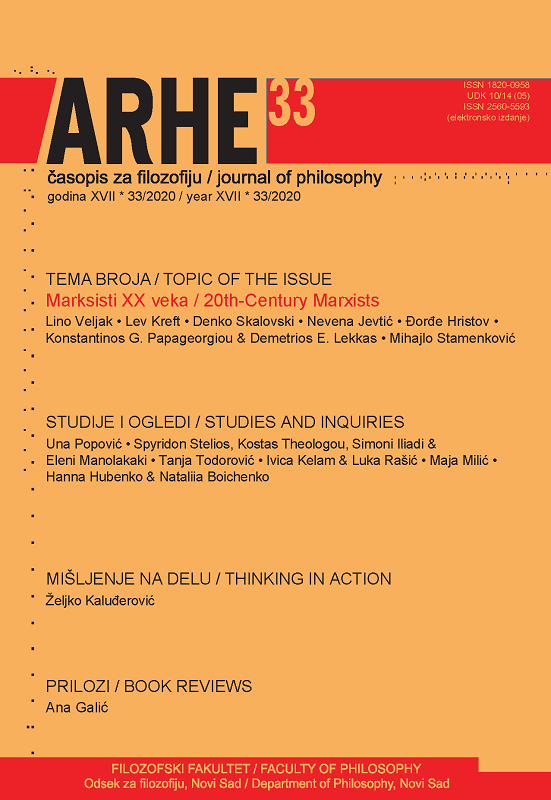Argument, Knowledge and Ethics: Understanding Core Concepts in Philosophy by Empirical Study on Greek University Students
Argument, Knowledge and Ethics: Understanding Core Concepts in Philosophy by Empirical Study on Greek University Students
Author(s): Spyridon Stelios, Kostas Theologou, Simoni Iliadi, Eleni ManolakakiSubject(s): Philosophy, Epistemology, Ethics / Practical Philosophy, Higher Education
Published by: Филозофски факултет, Универзитет у Новом Саду
Keywords: pre-instructional conceptions;philosophy learning;philosophy teaching;intuition;
Summary/Abstract: An empirical study was conducted measuring the degree to which Greek university students’ understanding of core philosophical concepts (that is, ‘argument’, ‘knowledge’ and ‘ethics’) has been shaped by the material taught in the classroom. The extent of this transition from pre-instructional conceptions to textbook formulations has been investigated through the use of a new questionnaire. Findings indicate that generally, students retain their pre-theoretical understanding of these terms. Within this framework, some formal definitions are closer to common sense (e.g. ‘ethics’) and some others aren’t (e.g. ‘knowledge’). Furthermore, the role of intuitions in this process is been evaluated, leading to the ascertainment that previous philosophical encounters seem to play a crucial role in determining actual understanding.
Journal: Arhe
- Issue Year: 2020
- Issue No: 33
- Page Range: 189-219
- Page Count: 31
- Language: English

